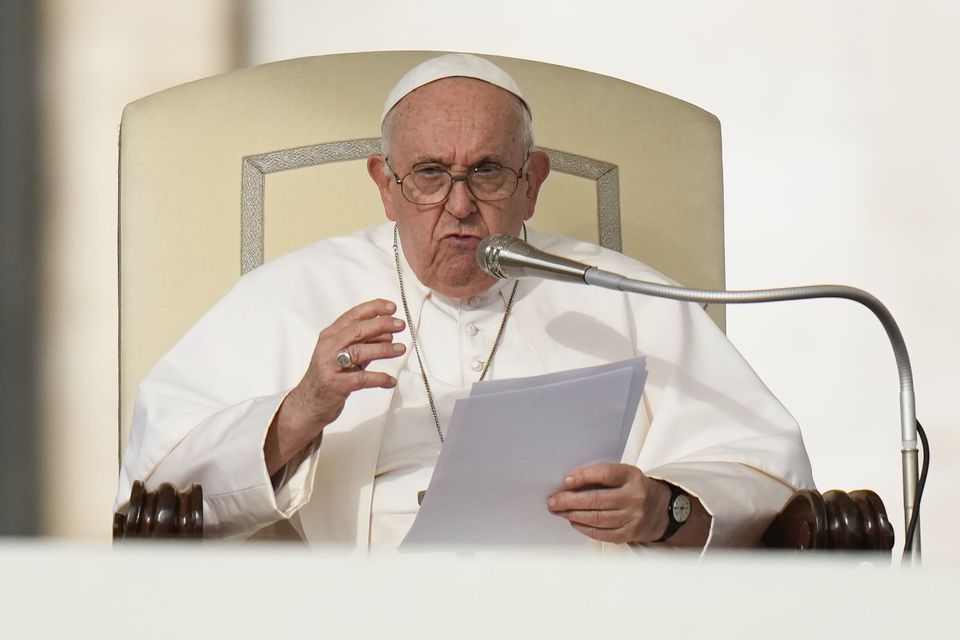Female priests might be last hope for Catholic Church
Pope Francis has started a dialogue around ordaining women as deacons. Photo: AP
“It is nearly 50 years since the Pontifical Biblical Commission concluded there was no scriptural basis for blocking the ordination of women to the priesthood, and more than half-a-century since Vatican II declared “every type of discrimination … based on sex” should be “eradicated as contrary to God’s intent”.
In Roman Catholic churches around the country today, the faithful will attend in ever fewer numbers than before. That the once dominant church is regarded as in perpetual crisis is widely acknowledged, and almost routinely accepted by the church itself.
At what point, the faithful must wonder, will the decline end and renewal begin? To truly open the church to women priests would be a good starting point. Pope Francis has begun a dialogue about ordaining women as deacons, but that is still some way from full priesthood — if it ever happens. The winds of change blow slowly in Rome.
A letter-writer to the Sunday Independent today highlights a document read out by the bishop of his diocese recently, which referred to many issues facing the church, one of which was the lack of Irish priests. Our correspondent suggests bishops be encouraged to send out requests to colleagues around the world to send priests to Ireland.
In fact, this process is well under way. Many parishes are now run by priests from other countries, a reversal of the trend throughout much of the last century when Irish missionary priests were sent to the far corners of the earth.
The decline in the number of priests here is caused by many factors, not all related to the crises the church has faced for several decades.For example, there is a general decline of religion throughout much of the Western world, although dioceses in some parts do buck the trend — in Perth, Australia, for example.
Another factor in the decline may be that families these days are far smaller than before and, as rudimentary as it may seem, young men have far more choices career-wise.
Other than the Dominican Order in Ireland, which runs a relatively successful vocations programme, the widely shared view is that the church here runs poor programmes that do little to attract young men to a vocational life with the institution.
Following recent submissions from dioceses around the country for women to be admitted to the priesthood, an Irish bishop said God chose men, not women, to be priests and stated his belief that allowing women to become priests would not be a “quick-fix solution” to the church’s recruitment crisis.
In other words, whatever the arguments in favour, it would not make much of a difference because other churches with women and married priests also have a vocations shortage.
However, doing nothing for much longer is not really an option for the Roman Catholic Church.
An organisation that sacrificed its integrity over the handling of endemic child sex abuse in the ranks simply has no moral authority to keep the doors barred against women any longer. It may well be beyond women’s power to save the Catholic Church from itself either, but perhaps they are its last hope.”


No comments:
Post a Comment
Note: Only a member of this blog may post a comment.